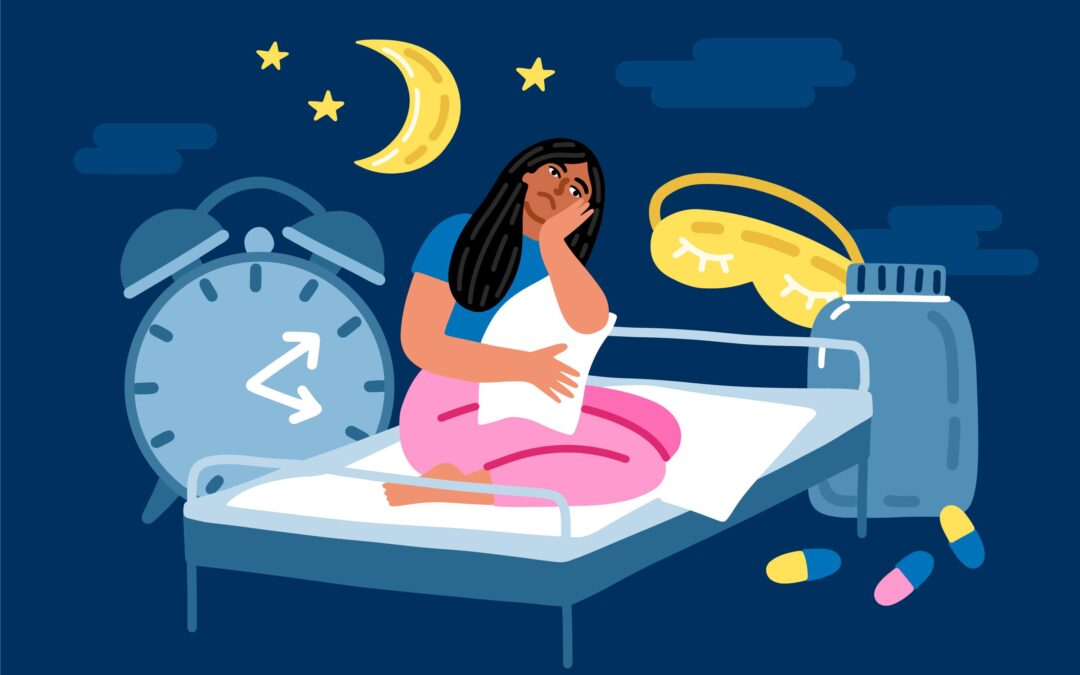Experiencing difficulty sleeping—or insomnia—is more than just an inconvenience. It can be a sign of something much bigger. In fact, trouble sleeping could be linked to depression or other mental health issues. Let’s take a closer look at why this is the case and what you can do about it.
The Connection between Insomnia and Depression
Insomnia can have many causes; however, research shows that nearly 50% of those who suffer from insomnia also suffer from depression. This link is particularly strong among those who experience difficulty falling asleep or staying asleep on a regular basis. The reverse may also be true in some cases—those with depression may experience symptoms of insomnia more frequently as well.
So why does this connection exist between trouble sleeping and depression? One theory looks at how both conditions can affect the body’s natural rhythms, such as its circadian rhythms and levels of hormones like serotonin and melatonin. When these rhythms are disrupted due to one condition, it can cause further disruption in the other—which could explain why those with one condition often experience the other as well.
What You Can Do About Insomnia
If you are having trouble sleeping, it doesn’t automatically mean that you have depression (though if your insomnia has been persistent for several weeks or longer, you should consider seeing a doctor). But if you are struggling with sleep issues, there are steps you can take to help improve your sleep quality:
- Stick to a consistent sleep schedule by going to bed and waking up at the same time each day (even on weekends)
- Avoid large meals or caffeine late in the day
- Get some fresh air and exercise during the day
- Create a calming nighttime routine (like reading before bed) and stick to it regularly
- Try using white noise or relaxation techniques like meditation or deep breathing exercises before bed
If you’re struggling with persistent sleep issues, don’t ignore it—it could be linked to depression or another mental health issue. Contact Bluewater Psychiatry for help today. Here at Bluewater Psychiatry, we understand how difficult it can be to manage the symptoms of insomnia and are here to offer the support and guidance needed for a better night’s sleep.

